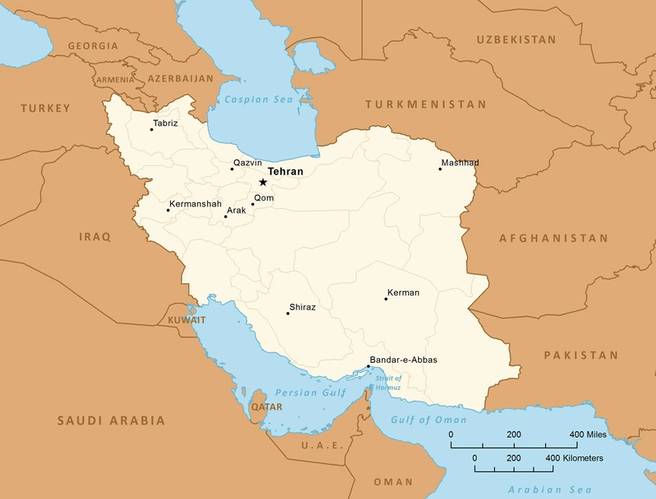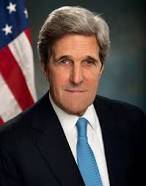Iran's Oil Exports Drop in June
Iran's crude oil exports dropped in June after a spike in May, yet sales were still above the level allowed by an interim deal aimed at curbing Tehran's nuclear programme, according to sources who track tanker movements.
Under the agreement signed in November between Iran and six world powers, which came into effect in January, Iran's exports should average 1 million barrels per day (bpd) through to July 20.
Iran's oil exports slipped to 1.21 million bpd in June, from 1.33 million bpd in May, one of the sources said.
"Total exports are about 10 percent down month-on-month as China and India have taken less," the source said.
"Exports in June to Japan and Turkey have been firm and South Korea has taken more, making up for lower sales to that destination in May."
A second source said Iranian crude exports fell by 100,000 bpd to almost 1.2 million bpd in June from May's high levels.
China, Tehran's largest oil client, has since late 2013 been stepping up purchases from the OPEC country. China's Iranian crude oil imports expanded 36 percent in May, or 757,900 bpd, from a year ago to the second highest on record, customs data showed last week.
Though higher exports since late 2013 have bolstered Iran's coffers, officials in U.S. President Barack Obama's administration have said they expect Iran's oil sales to average "approximately" 1 million bpd over the entire six-month period under the agreed deal, which expires on July 20 but can be extended for up to six months.
Bolder Iran
"Iran is increasingly emboldened to export its oil," said Mark Dubowitz of U.S.-based independent think-tank Foundation for Defense of Democracies (FDD).
"The Obama administration already has sent the message that it won't crack down on Iran's excess crude oil sales, condensates exports, or its transfer of crude oil to (Syrian President Bashar al-) Assad despite congressional demands," he added.
The U.S. administration has argued that condensates, a premium-price form of very light oil found at natural gas fields and mostly used to make plastics, do not count as crude oil; that Iranian gifts of oil to Syria are not "sales" and so also do not count; and that Iran is allowed to sell between 1 million and 1.1 million bpd under the deal, a range slightly above the White House's public estimate.
The extra supply is not unwelcome in the global market at a time of concern about flows from Iraq.
"The U.S. authorities appear to have been very tolerant of rising Iranian condensate supplies, which have boosted observed imports of Iranian oil by Asian buyers," a senior executive at an oil company said.
U.S. Secretary of State John Kerry warned Iran this week it still had to prove its nuclear ambitions were peaceful as the latest round of atomic talks with world powers was due to start in Vienna on Wednesday as the July 20 deadline for an agreement loomed.
In Tehran, Iranian President Hassan Rouhani said in a speech Western sanctions were already crumbling.
"U.S. negotiators seem so eager for a nuclear deal that they appear willing to steadily loosen the once crippling restrictions on Iran's oil lifeline even before winning the critical concessions," the FDD's Dubowitz said.
(By Jonathan Saul and Alex Lawler, Editing by William Hardy)












